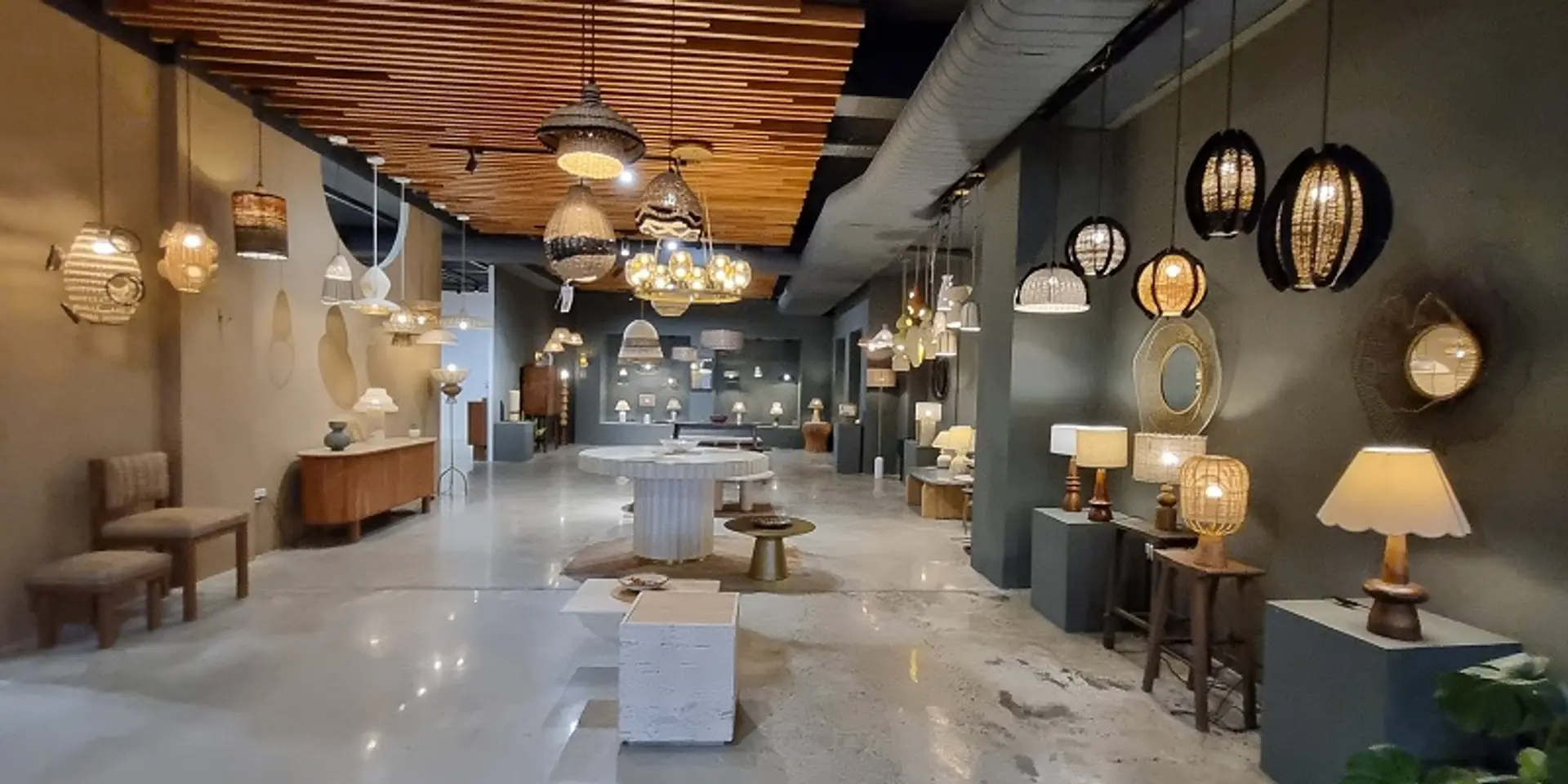Design and sustainability: this furniture brand promotes creative thinking about quality and environment
In our second photo-essay from picturesque Jodhpur, we share more creative highlights from furniture brands Basant and Orange Tree.
Launched in 2014, PhotoSparks is a weekly feature from YourStory, with photographs that celebrate the spirit of creativity and innovation. In the earlier 780 posts, we featured an art festival, cartoon gallery. world music festival, telecom expo, millets fair, climate change expo, wildlife conference, startup festival, Diwali rangoli, and jazz festival.
Jodhpur-based brands Basant and Orange Tree span a wide range of B2B and B2C furniture, lighting and home décor solutions. The domestic retail arm, Orange Tree, was launched by Gaurav Jain in 2014 (see Part I of our photo essay here).

As shown in our two-part photo essay, furniture is not just about wood, but can also include ropes, glass, metal, and other materials. This requires a mastery of design techniques and material integration, along with a mindset of experimentation.
The Basant design team shows that creators need to meet current customer expectations and aspirations while also delighting them with new creative surprises.
“Meeting local and global customer needs requires a masterful blend of traditional crafts and modern design,” Jain tells YourStory.
The company describes its offerings as global products with Indian elements, that can blend into any home or office around the world.
“The entry of global furniture and interior brands in India gives more choice to customers and spurs local brands to do even better,” he asserts.

Jain’s team has launched a competition on regenerative design this year, open to students and professionals. Students are being invited to participate from a range of design schools such as NIFT Jodhpur, Footwear Design and Development Institute, IIT Jodhpur, Indian Institute of Crafts and Design, and MICA Jaipur.
Sustainability and regenerative design help meet the challenges of climate change. They also align with the desires of a new wave of environmentally-conscious buyers, Jain affirms.
“Companies should become more proactive – they need to go beyond existing compliance requirements and introduce additional safety and environmental provisions on their own,” he suggests.

Sustainability has always been a part of Indian culture. “Sometimes we don’t throw away mango skins – even that can be used for making different kinds of drinks and food products,” he observes.
But sustainability needs to be brought back for industrial scale, and in the face of increasingly wasteful consumer culture and urban pollution. States like Rajasthan have so much sun throughout the year – this also should be tapped more for solar energy, Jain suggests.
“Sustainability is more than good press. It should be a way of life, the foundation of a brand,” he affirms. This includes the use of recycled materials in the design of new products.

“Design is about environmental impact, not just the look and feel of a product,” he says. The whole ecosystem needs to be involved in such an approach, right from landfill reduction to carbon tracking.
Basant is encouraging design students to visit the factory and suggest ways of reducing waste or incorporating discarded waste into new kinds of products. Such practices educate young minds while also passing on the reduced cost to customers.
“In earlier days, we used to carry our own bags for shopping and our own water bottles during train travel, but now there are too many discarded plastic bottles. I still carry my own water bottle today,” he remarks.

“Quality, safety and sustainability need to become movements, not just buzzwords or temporary fads,” he affirms.
Ethical considerations are also important. “We do not use animal leather in our products. We are looking at adding vegan leather now,” he says.
Indian youth love quizzes and competitions, Jain observes. “So our regenerative design competition is designed to spark creative ideas in the spirit of competition and collaboration,” he says.

This will also create and grow communities around regenerative design. The Indian education system needs to go beyond exam scores and encourage more creativity, he suggests.
“There is so much focus only on toppers. But we should also celebrate all those who succeeded later in life without being toppers,” he affirms.
“Yes, 95% marks may be good, but that doesn’t mean 55% scores in school are not good,” Jain says.

There are many creative and sporting skills that are not adequately assessed in the education system. “That is why we engage with many designers right at the student stage to see how well they can pick up skills in the industry and become creative,” he explains.
Basant is entirely privately held, and is not looking to raise funds at the moment. The company has incorporated a range of new technologies and tools in its operation.
“AI also has vast potential to revolutionise content creation and design. But designers and manufacturers should not ignore the human touch,” Jain observes.

As trends in the Indian furniture sector, he points to the growing prosperity of Indian consumers. “Global furniture brands are talking of India as a market, not just as a sourcing hub for materials,” he observes.
Jain also offers tips for aspiring entrepreneurs and designers. ““You have to find your own USP. Find your unique strength and keep working on it day and night, you will get better,” he advises.
“Expose yourself to best practices in various fields, learn from them, and adapt them to your own work. Good design should satisfy you as well as your customer,” he adds.
It can help to be good at many things, but it is important to find a specialisation. “Find your zone. Create your signature style,” Jain signs off.
Now what have you done today to pause in your busy schedule and harness your creative side for a better world?

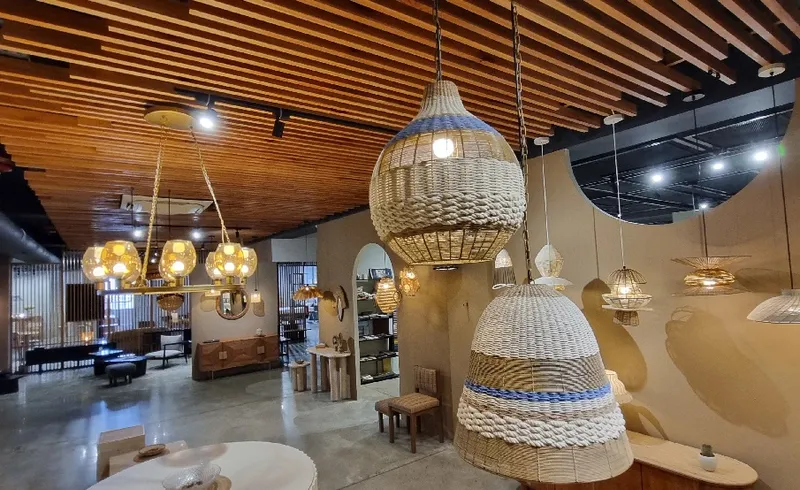
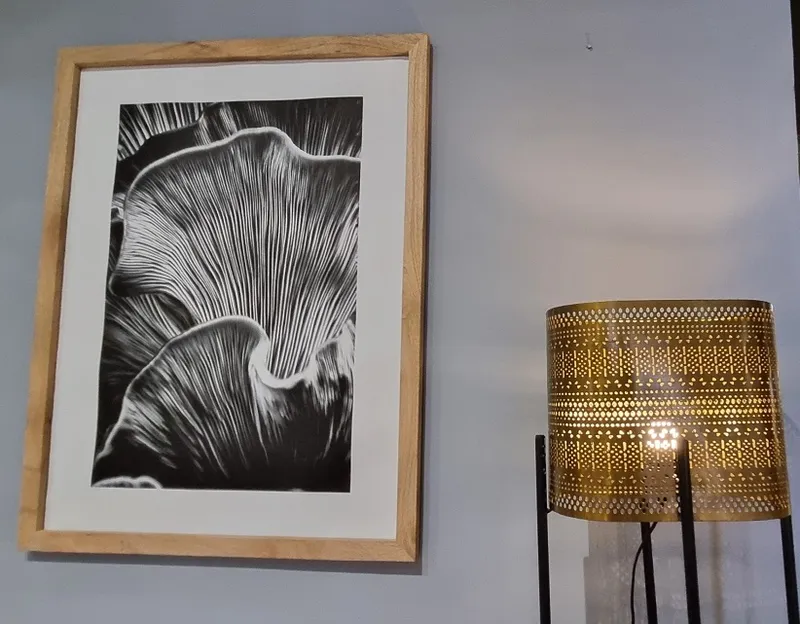
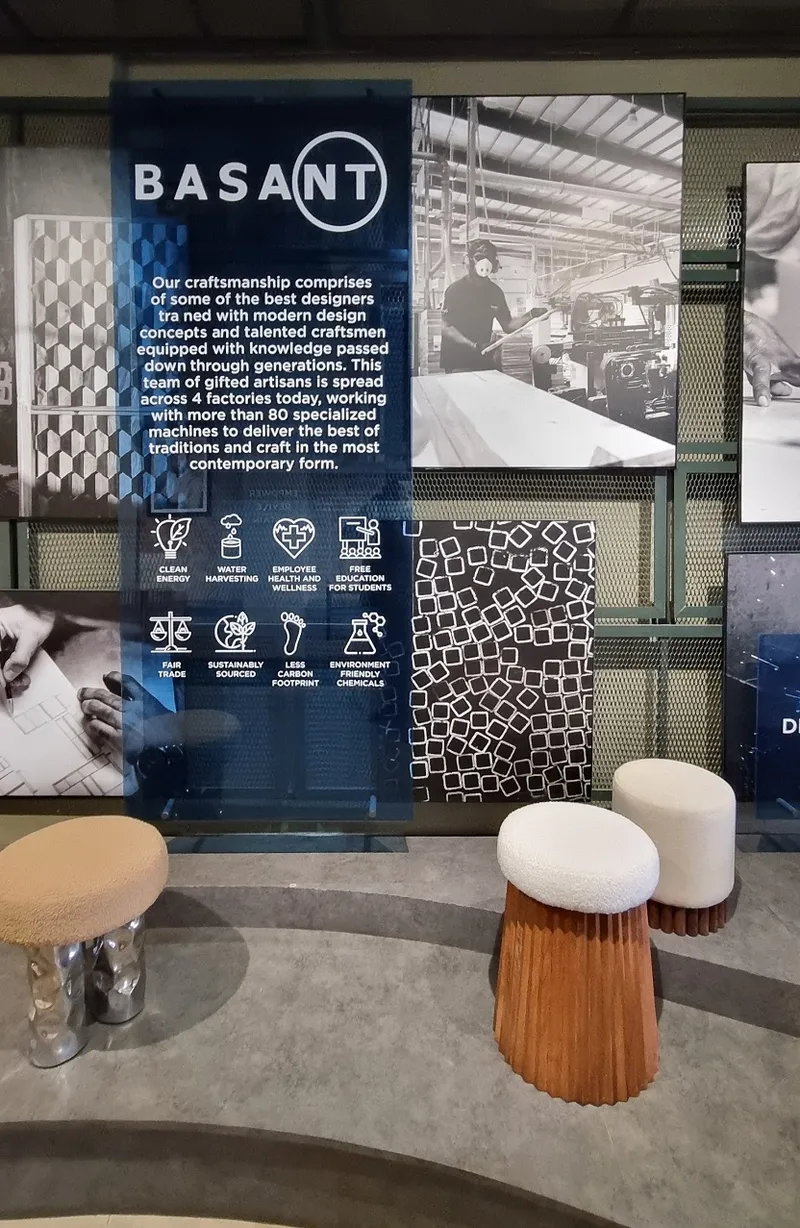
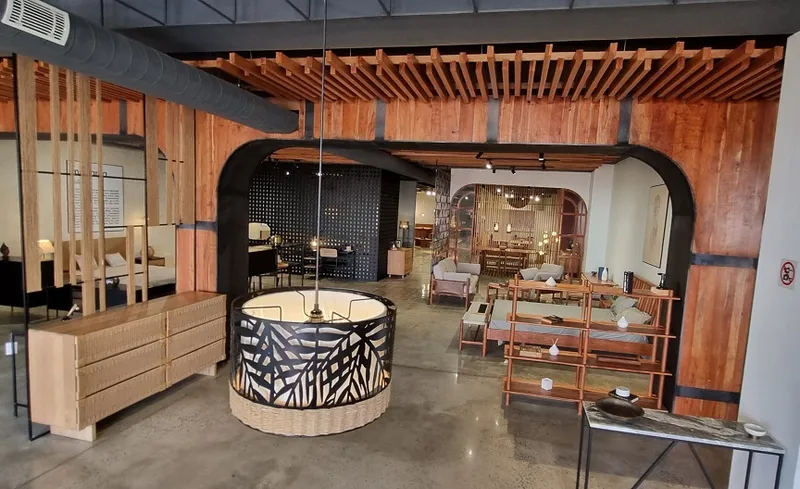
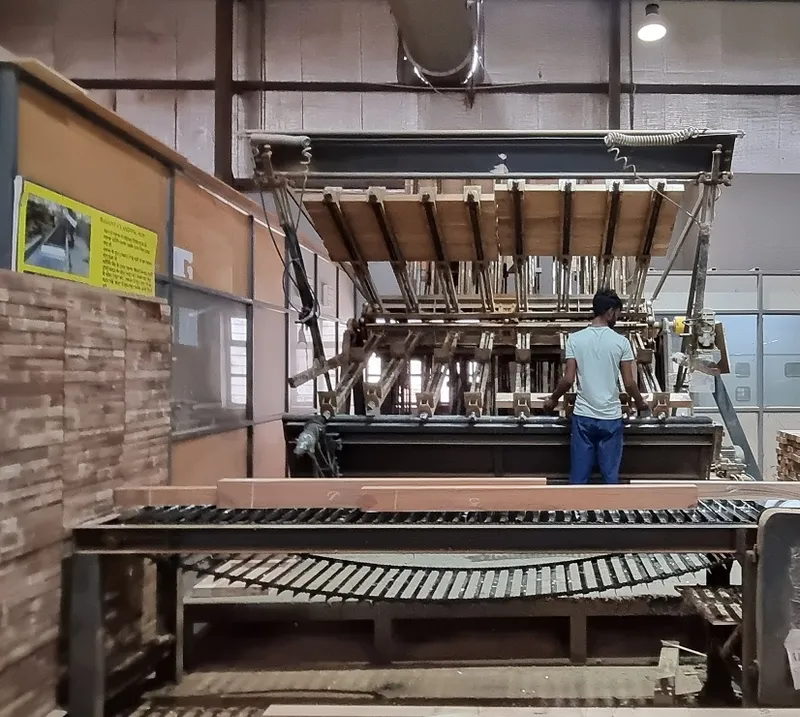
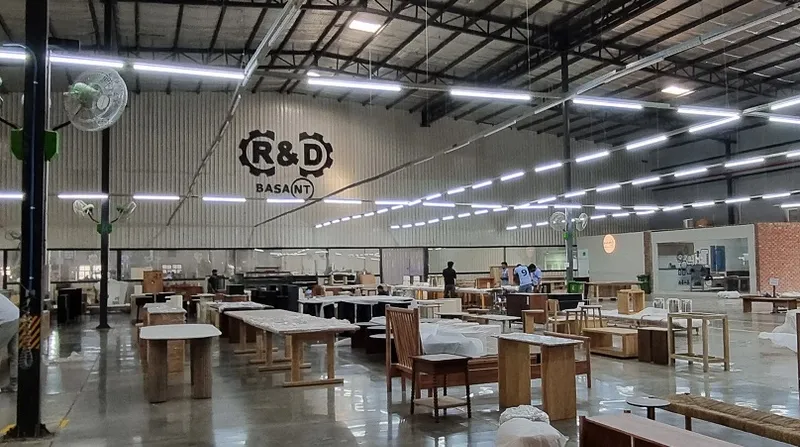
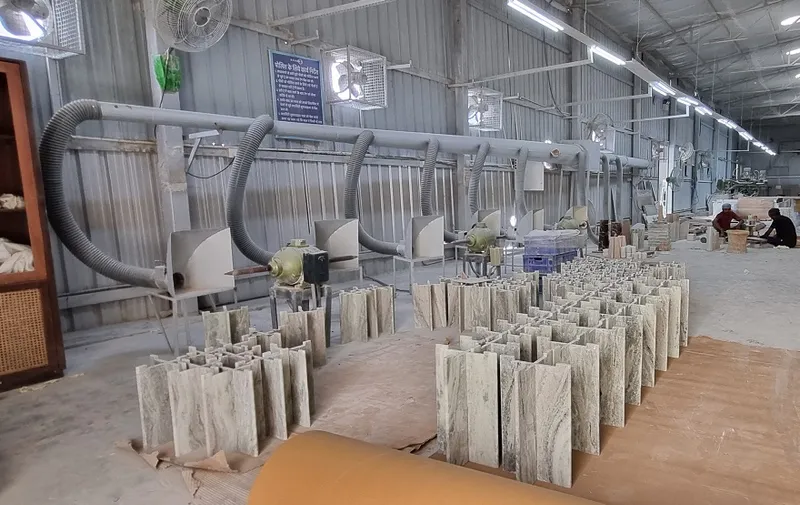
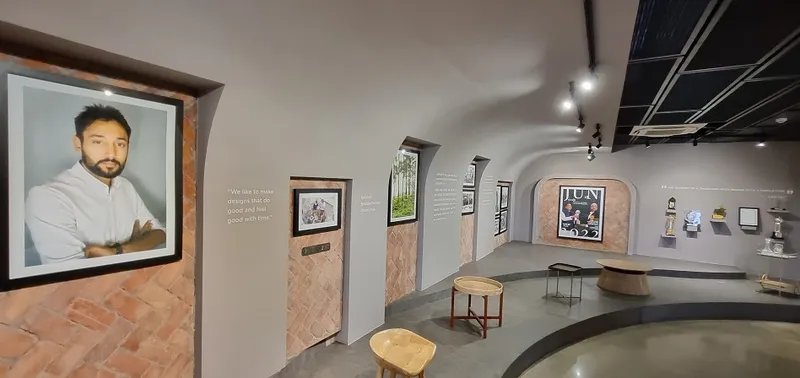
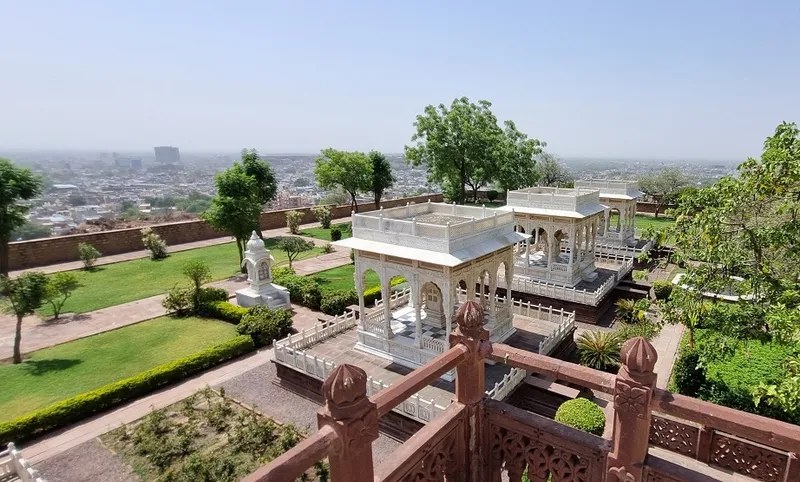
(All photographs were taken by Madanmohan Rao on location in Jodhpur.)


